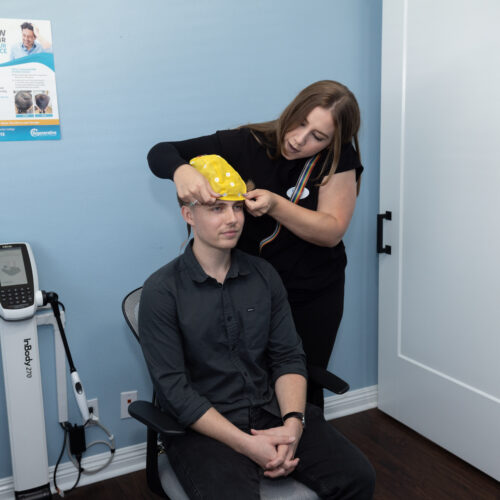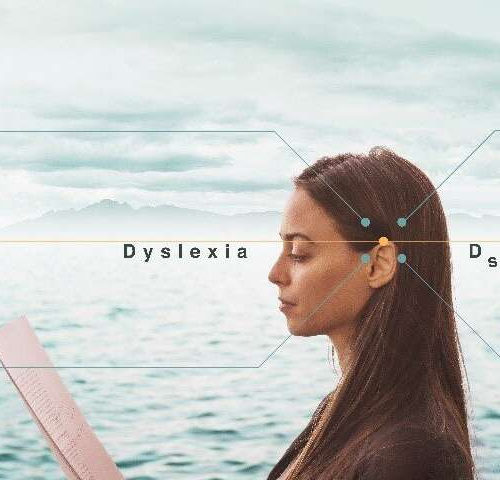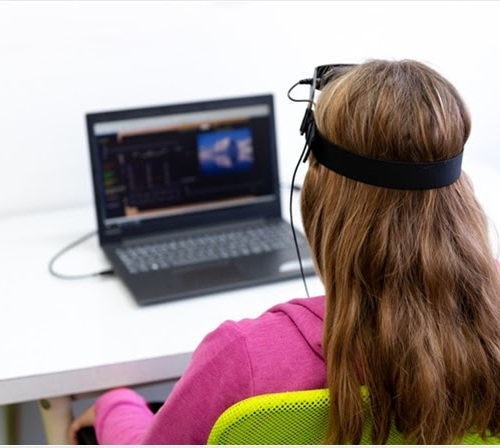TOGETHER WE ARE STRONGER Myneurva Announces New Partnership with Regenerative Medical Group & Upcoming Brain Training Center in New Jersey We are elated to share with you an exciting development in our pursuit of clinical excellence with the collaborative partnership between Regenerative Medical Group (RMG) and Myneurva. We have recently introduced Myneurva’s neurofeedback system, under...
Tag: <span>neurofeedback</span>
Benefits of neurofeedback for those with ADHD mainly due to unexpected factors
by Elsevier Credit: CC0 Public Domain The economic burden of providing special education and training for a child diagnosed with ADHD (attention-deficit/hyperactivity disorder) is estimated to cost the average American family five times as much as a child without ADHD. Such cost considerations force many families to focus on the remission of the condition through prescribed...
Brain stimulation reduces dyslexia deficits
by Public Library of Science Restoring normal patterns of rhythmic neural activity through non-invasive electrical stimulation of the brain alleviates sound-processing deficits and improves reading accuracy in adults with dyslexia, according to a study published September 8, 2020 in the open-access journal PLOS Biology by Silvia Marchesotti and Anne-Lise Giraud of the University of Geneva, and colleagues. Dyslexia...
Neurofeedback for Anxiety
By Osman Shabir, M.Sc. Reviewed by Dr. Jennifer Logan, MD, MPH Chronic anxiety is the long-term negative psychological experience to environmental stressors, characterized by prolonged and inappropriately excessive worrying, fatigue, restlessness, concertation, and sleep issues. Often the terms stress and anxiety are used interchangeably. Prolonged stress and anxiety can have a negative impact on one’s...
Neurofeedback may reduce anxiety
by Journal of Psychotherapy and Psychosomatics Credit: CC0 Public Domain A new method for reducing anxiety based on neurofeedback has been validated in the current issue of Psychotherapy and Psychosomatics. Deficient emotion regulation and exaggerated anxiety represent a major transdiagnostic psychopathological marker. On the neural level these deficits have been closely linked to impaired, yet treatment-sensitive,...
Pilot study shows that neurofeedback may help treatment-resistant depression
A small pilot study has indicated that neurofeedback – where patients concentrate on modifying their own brainwave patterns – has potential to treat many of the 100m people worldwide who suffer from Treatment-Resistant Depression (TRD). This is the first time that neurofeedback has been shown to improve both individual symptoms and overall recovery in TRD....




